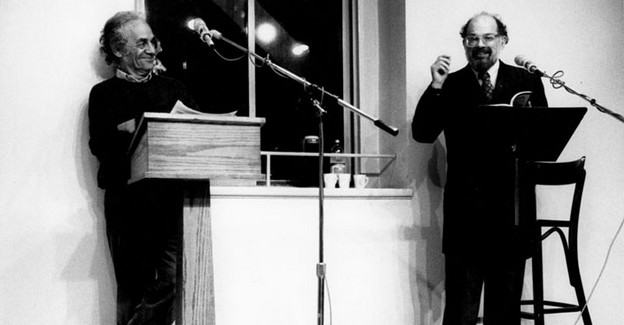
por Dave Oliphant
For a nation of only 13 million inhabitants, Chile has the distinction of being the birthplace of at least five world-renowned poets, two of those, Gabriela Mistral and Pablo Neruda, winners of the Nobel Prize for literature. A third poet who has been touted as deserving of the Noble Prize is the 84-year-old self-proclaimed antipoet, Nicanor Parra. The concept of antipoetry as prescribed by Parra -"You can do anything in poetry"; "in sincerity lies the danger" and "truth is a collective error" -owes something of its iconoclastic outrageousness to an earlier Chilean poet, Vicente Huidobro, who declared that "the poet is a little God" and "an adjective, when it doesn't give life, takes it away.". Following both Huidobro and Parra, a fifth Chilean poet, Enrique Lihn, carried on the antipoetry tradition by attacking both his medium and himself as the messenger, asserting that poetry is "a big pile of muck stirred by chance" and the poet is "a rotten little rhetorician." Despite what may seem an overly negative and therefore limited approach to the making of a poem, Chilean poets have produced in the antipoetic mode some of the most provocative and original writing of the last half of the twentieth century.
No comments:
Post a Comment